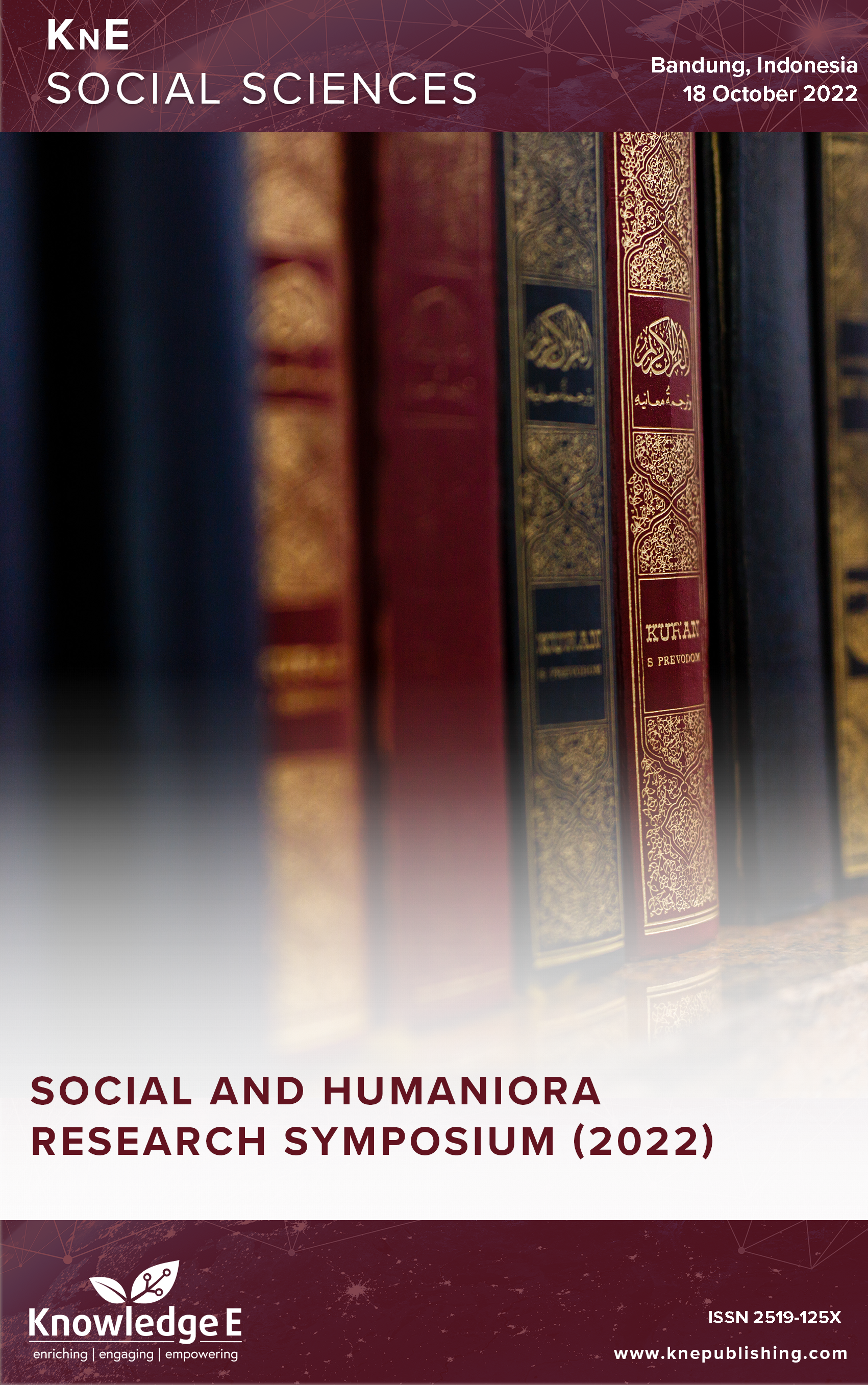Criminal Law Policy in Tackling Corruption Crimes in Indonesia Through the Death Penalty is Linked to the Principle of Justice
DOI:
https://doi.org/10.18502/kss.v8i18.14319Abstract
The research focuses on Law of the Republic of Indonesia Number 31 of 1999, in conjunction with Law of the Republic of Indonesia Number 20 of 2001, concerning the Eradication of Corruption. This normative juridical study primarily revolves around Article 2 paragraph (2) of the Corruption Law. The approach utilized includes a statute approach, case approach, and conceptual approach. Secondary legal materials were collected through literature studies. The study identifies several reasons that have led to the implementation of the death penalty for corruption perpetrators in Indonesia. Consequently, updating criminal law policies is essential. The basis for this renewal lies in the fact that law enforcement consists of three interconnected aspects: legal substance, legal structure, and legal culture. To overcome corruption, four models of renewal are proposed: Firstly, improving legal institutions entails strengthening the authority and professionalism of officials in the police, prosecutors, and the Corruption Eradication Commission (KPK). It is vital for these institutions to synchronize their efforts and adopt a unified legal stance on corruption cases, eliminating any sectoral rivalry and ego. A cohesive framework and shared perspective on corruption cases are crucial. Secondly, legislative improvements involve reevaluating, reorienting, and reformulating the application of corruption laws, encompassing both the formulation of acts and the sanctions system, particularly those related to the death penalty. Thirdly, enhancing the legal culture of the community is crucial. By fostering a legal culture that discourages corruption, the likelihood of crime prevention through death penalty sanctions aligned with a sense of justice increases. By implementing these three models of legal reform, it is hoped that corruption can be effectively prevented through the judicious application of the death penalty.
Keywords: death penalty, corruption, fair
References
[2] Setiadi E, Kristian. Sistem peradilan pidana terpadu dan sistem penegakan hukum di Indonesia, I. Jakarta: Prenadamedia Group; 2017.
[3] Atasasmita R. Anti-Corruption Strategy and Policy After the 2003 UN Convention Against Corruption: Countering Corporate Crime. Jakarta: Paper, 2006.
[4] Jain AK. Corruption: A review. Journal of Economic Surveys. 2001;15(1):71–121.
[5] Mahmud A. Urgensi Penegakan Hukum Progresif Untuk Mengembalikan Kerugian Negara Dalam Tindak Pidana Korupsi. Masalah-Masalah Hukum. 2020;49(3):256– 271.
[6] Akbar M. “Mahfud Dukung Hukuman Mati Bagi Koruptor,” Rapublika, Sep. 17, 2012.
[7] Mastalia A. Kedudukan Pidana Mati Sebagai Sanksi Dalam Pidana Korupsi. Syiar Hukum Jurnal Ilmu Hukum. 2017;15(1):1–16.
[8] Parman L. Prinsip Individualisasi Pidana dalam Sistem Pidana Minimum Khusus Tindak Pidana Korupsi di Indonesia. Malang: Universitas Brawijaya; 2014.
[9] Gultom M. Suatu Analisis Tentang Tindak Pidana Korupsi di Indonesia. Bandung: PT Refika Aditama; 2018.
[10] Wardhani P. “Hukuman Korupsi di Berbagai Negara Beragam, Ini 7 Contoh Ekstrem yang Bikin Koruptor Jera,” Hipwee, Jan. 30, 2017.
[11] Mulyadi L. Tindak pidana korupsi di Indonesia : Normatif, teoritis, praktik dan masalahnya. Bandung: Alumni; 2017.
[12] “Analisa Konsep Aturan Keadilan, Kepastian, Dan Kemanfaatan Dalam Penegakan Hukum Tindak Pidana Pertambangan Di Indonesia,” 2021 Aug.
[13] Mufiz A. Pengantar Ilmu Administrasi Negara . Tangerang Selatan: Universitas Terbuka, 2022.
[14] Ravena D, Kristian. Kebijakan kriminal = criminal policy. Jakarta: Kencana; 2017.
[15] Sudarto, Hukum pidana dan perkembangan masyarakat : Kajian terhadap pembaharuan hukum pidana. Bandung: Sinar Baru; 1983.
[16] Safudin E. Dasar-dasar ilmu hukum. Malang: CV. Cita Intrans Selaras, 2017.
[17] Setiadi E. Paradoks dalam Hukum Pidana Paradoks dalam Hukum Pidana dan Sistem Peradilan Pidana. Bandung: Simbiosa Rekatama Media; 2020.

